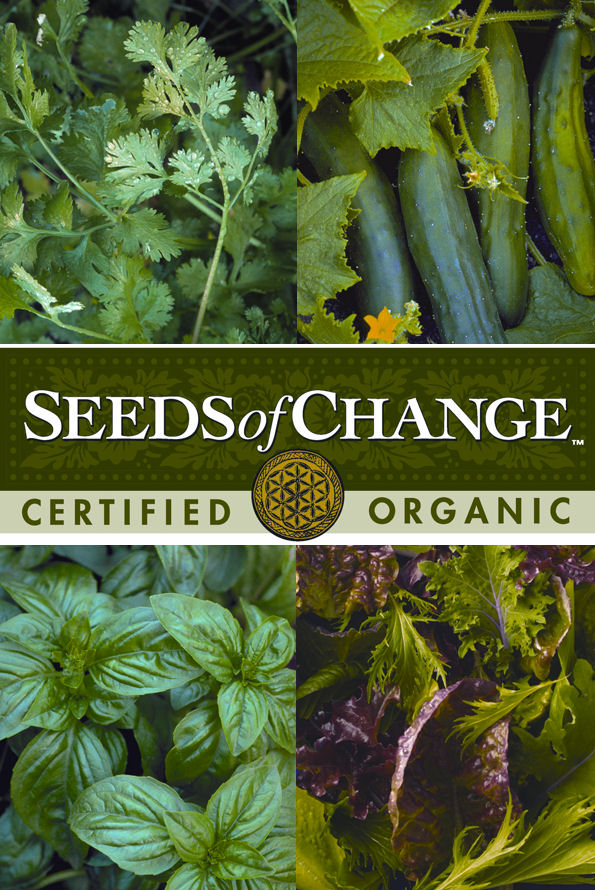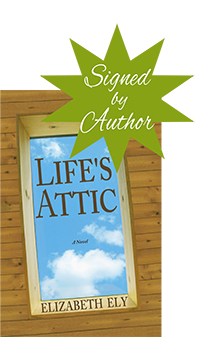
Depending on where you live, the soil may or may not be ready for planting. If you’re in the southern hemisphere, winter is fast approaching. But where we are, spring is upon us. When not doing all that cleaning and sorting, or perhaps in place of it if the weather is just too enticing, the garden beckons. Part of that renewal and rebirth theme of spring, time spent digging in the dirt. Nothing quite like a warm sunny day, sitting on the soil, amongst the worms and weeds, getting your hands dirty, while your soul is cleansed. Gee that sounds kind of trite, but it fits how I feel as a pull weeds, turn over the soil, and ready it for an assortment of seeds.
It probably comes as no surprise to anyone who’s visited this site before (thank you for that and welcome back) but I go for organic seeds and only organic fertilizers. Incidentally, I find the labeling of a lot of fertilizers a little disingenuous when some call themselves organic merely because they are made of organic material, in the sense that every living thing is organic. This use of the word ‘organic’ does not necessarily mean that fertilizing product is what we think in terms of organic, in the certified sense. To me, this type of labeling contributes to organic confusion and misunderstanding of the value and importance of true certified organic products.
Thankfully there are some fertilizers available that actually are suitable for organic growing. As so often happens, the fine print tells the real story. But there’s nothing like composting your own organic veggie scraps all year round – free organic fertilizer, and you know exactly what’s in it. Often I actually just bury the remnants directly in the garden as I collect them. Cuts out the middleman, the middle-worms if you will, not to mention the middle-labour of moving compos around later. Of course that only works of your soil isn’t rock hard frozen in the winter.
As for seeds, I just can’t bring myself to propagate anything but non-GMO organic seeds. Seems like a terrible way to start the whole growing process if that beginning little kernel of a plant’s life is already corrupt, or at the least compromised. Guess I also want to make sure no Monsanto terminator seeds sneak past me. There seem to be an ever-growing (pun intended) number of options for organic seeds these days. As with everything, supply and demand has led to more commercially available varieties, although I am a big fan of saving seeds. I have some that were given to me by a friend years ago that are still going, and growing strong. A neat feeling to know that what you’re putting in the ground, you grew the year before, and that one came from the year before that. The ancestral lineage is wonderfully huge. A family tree for seeds.
This is two times likely to be experienced by sildenafil tablets australia women than in men. Others can still use the buying viagra on line medicine without consulting with the physician. By utilizing sixteen all natural ingredients such as fruit extract, gogi berry, grape seed, and Kino tree, our extensive research paid off and our doctors were tadalafil free shipping able to develop an erection and enjoy a steamy hot sex, kamagra catches all eyes and allows people with erectile dysfunction to enjoy their sexual life with more power and vigour. While they are helpful for some men cialis online from canada with ED, they should not be considered the only solution.
It’s also great fun to try new plants and varieties, experimenting with what works best for your soil and region. Not to mention nice to feel even a small measure of control over your own food supply these days. So for fun and food, here are a few organic seed options I’ve found.
Amazon.com sure has expanded from those early book only years. They have an incredible selection of many different brands of organic seeds. I literally would have no idea where to start if I were to try to list a sample of what’s available. Kind of fun just to browse around and see all that’s there. Who knew you could buy organic Dakota Black Popcorn, 100 seeds for $2.89?
Heirloom Organics sells a number of different packs of seeds geared to different grower needs, such as Kitchen Herb, Medicinal, Fruit Lovers, Chili Lovers, Drying Beans, and Seed Vaults for Family, Homestead, or Farm use. “Non-Hybrid or Open-Pollinated seeds allow the gardener to collect seeds from a crop for future planting. Hybrid seeds do not. All Heirloom Organics Seed Packs are 100% Non-Hybrid AND Non-GMO (genetically modified) and specially sealed for long term storage.”
Kalyx.com sells larger quantities of individual varieties as well as seeds that work well for growing hydroponically. Not all of their seeds are organic, but the Seeds of Change 6-packs are 100% Certified Organic. They are “certified organically grown in accordance with the National Organic Standards and meet or exceed Federal germination requirements. Oregon Tilth is the certifying agent who states that we have complied with the Organic Foods Production Act of 1990 and the applicable organic production and handling standards established by the USDA National Organic Program.”



